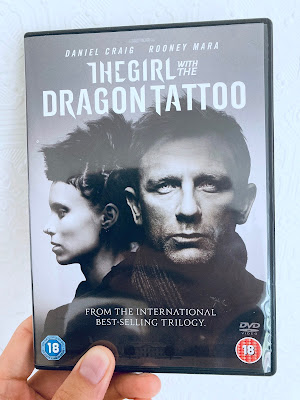In the Battle of Iwo Jima during World War II, six American soldiers planted a US flag on the Japanese island – a symbol of victory, even while the conflict remained ongoing. This film is based on the story of the men who raised that flag and became part of an iconic photograph reproduced all around the world.
In the aftermath of the battle, three of the survivors are paraded around as “heroes” and cruelly forced to reenact the flag-raising as celebrities, with no thought for the psychological damage they sustained in battle. These three men are played by Ryan Phillippe, Jesse Bradford and Adam Beach. The latter is especially strong as the deeply troubled, heavy-drinking Ira Hayes, who – in addition to crippling PTSD – had to endure racism because of his Native American background.
In fact, there were two flags raised, leading to confusion about who did what. That ambiguity is at the centre of this saga.
It’s a moving story and there are moments of great poignancy, but some of the storytelling could have been clearer. The narrative perspective keeps shifting and the use of multiple flashbacks sometimes muddies things further. We see the events of battle and the weeks afterwards, but did we really need to see the survivors in the present day as well?
I could have done without the heavy colour filter that leaves everything in a washed-out grey/green. This makes it harder to determine who’s who and even to work out what’s happening. That may well have been the point – reflecting the disorientation of battle – but it creates a sense of distance that takes you out of the film.
It’s a shame because the core of the story is touching and profound. Seeing the shameful way these three soldiers are treated – and what it does to them – is affecting indeed. You just wish that director Clint Eastwood had taken a more linear approach to keep the focus on them, without allowing visual and narrative distractions to get in the way.

























